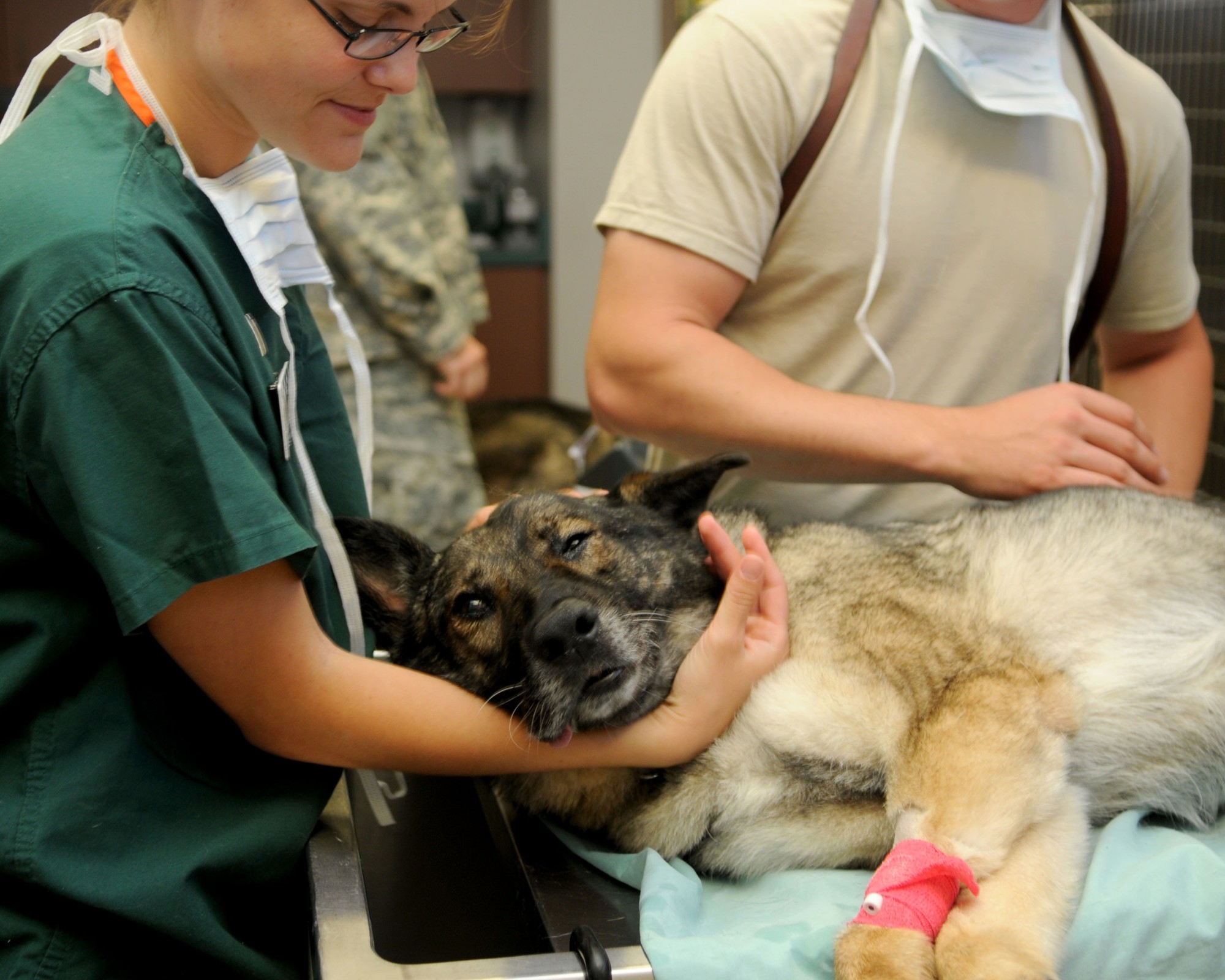
What to Know When Your Pet is Having Surgery
As a pet owner, the thought of our furry friends having to undergo surgery can be a daunting and stressful experience. Whether it’s a routine procedure or something more serious, there are several important things that you need to know to ensure your pet’s comfort and successful recovery.
In this blog post, we’ll guide you through everything you need to know when your pet is having surgery – from pre-op preparations to insurance coverage – so that you can feel confident and prepared every step of the way.
Sit back, and let’s get started!
Type of Surgery
There are many different types of surgery. Your pet’s veterinarian will recommend the best type of surgery for your pet’s individual needs. Some of the most common types of surgery performed on pets include:
Spay/Neuter Surgery
Spaying (for female pets) and neutering (for male pets) are routine surgical procedures that help to control the pet population. This type of surgery has health benefits for your pet, such as reducing the risk of certain cancers.
Tumor Removal
Tumors can be benign (non-cancerous) or malignant (cancerous). If a tumor is causing your pet pain or affecting their quality of life, your veterinarian may recommend surgical removal. Surgery to remove tumors is usually successful and has a high success rate.
Orthopedic Surgery
Orthopedic surgery is performed to correct problems with bones or joints, such as hip dysplasia or ligament damage. This type of surgery can improve your pet’s quality of life and mobility.
Soft Tissue Surgery
Soft tissue surgeries are performed on the organs, muscles, and other tissues in the body. Common soft tissue surgeries include gastric torsion (bloat) correction, intestinal blockage removal, and pancreatitis treatment.
Other types of surgeries are considered minimally invasive veterinary surgery. Therefore, the type of surgery depends on each pet’s needs.
Pre-operative Preparations
Your pet must be up-to-date on all its vaccinations. This will help reduce the risk of infection during and after surgery. Make sure you have a copy of their vaccination records handy to give to the vet or technician.
It’s a good idea to fast your pet for at least 12 hours before the surgery is scheduled. This means no food or water during that period. This helps prevent vomiting and aspiration during anesthesia.
Be sure to arrive at the vet or animal hospital early on the day of surgery so that you have plenty of time to fill out paperwork and ask any last-minute questions. It’s also important to stay calm during this time so that your pet doesn’t pick up on your anxiety.
Cost and Insurance
The cost of pet surgery can vary greatly depending on the type of procedure, the location, and the veterinarian. It is important to contact your vet ahead of time to get an estimate of the cost. Many vets will require that you pay a deposit before scheduling the surgery.
Pet insurance can help offset the cost of surgery, but it is important to check with your specific policy to see what is covered. Some policies have a deductible that must be met before coverage kicks in. You will also want to make sure that your policy covers the type of surgery your pet is having.
Know What to Prepare When Your Pet is Having Surgery
Overall, it is important to be aware of the pre and post-operative care needs of your pet when they are having surgery. Having an in-depth understanding of their specific needs, as well as their veterinarian’s instructions, can greatly increase their chances of a successful recovery.
Visit our blog for more reads.
